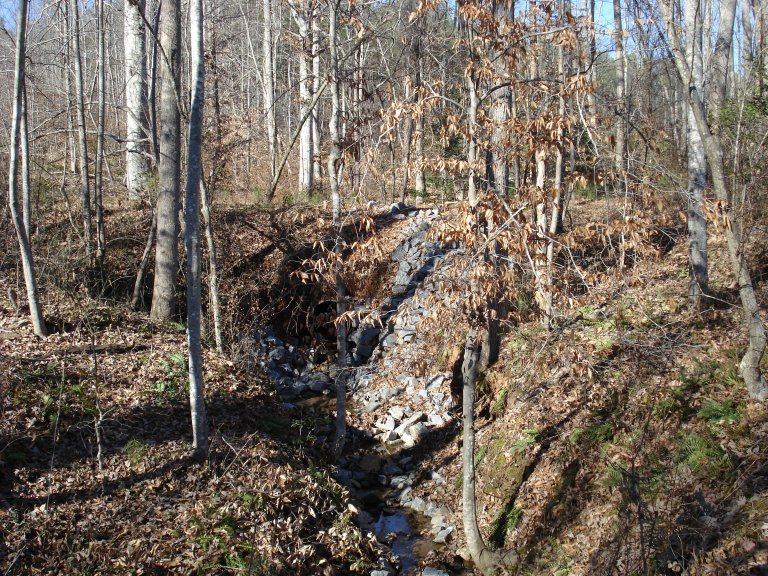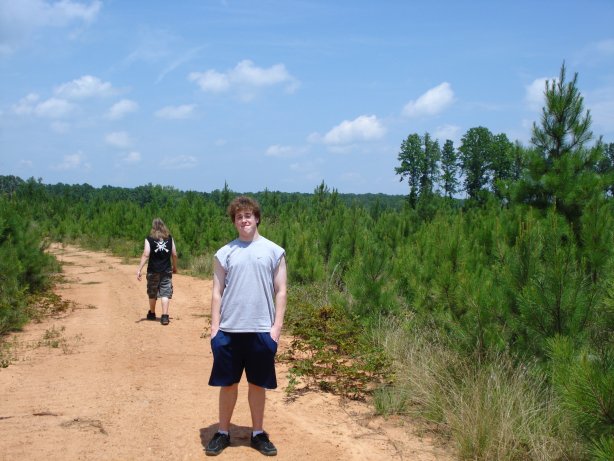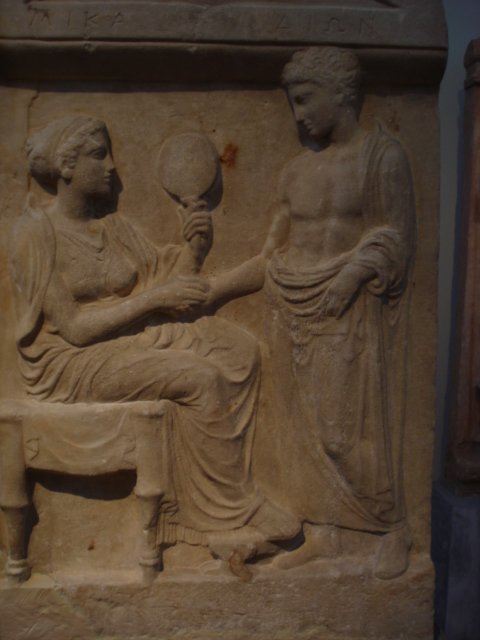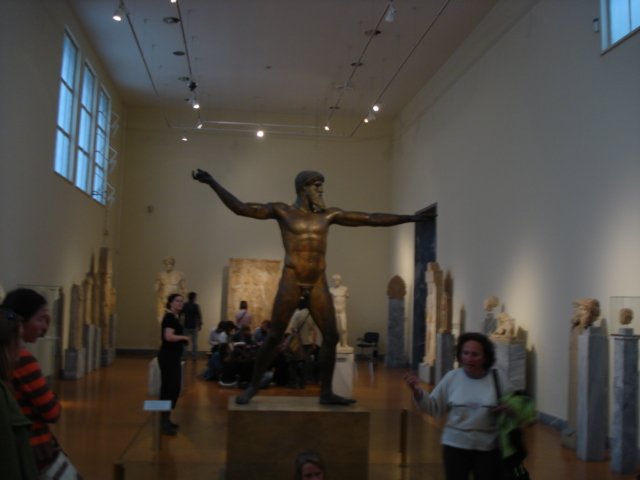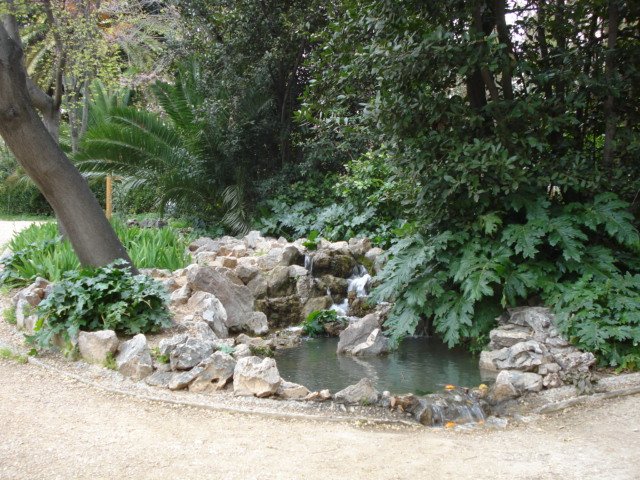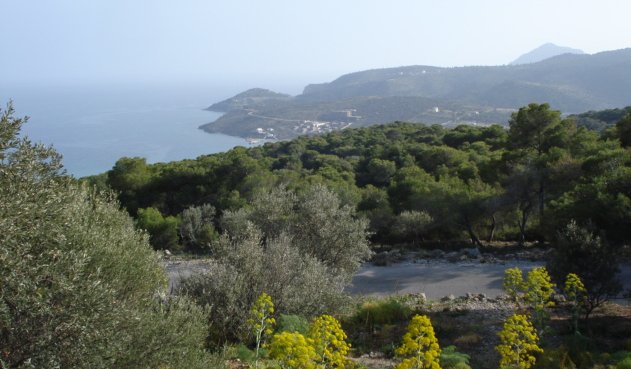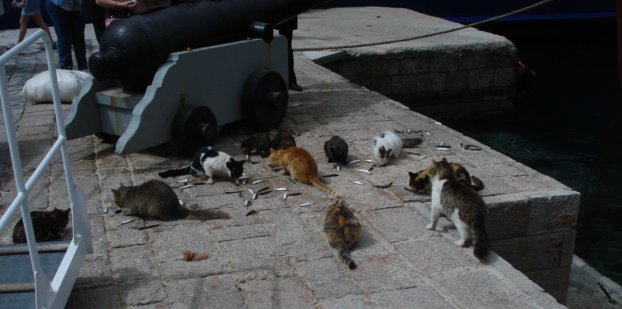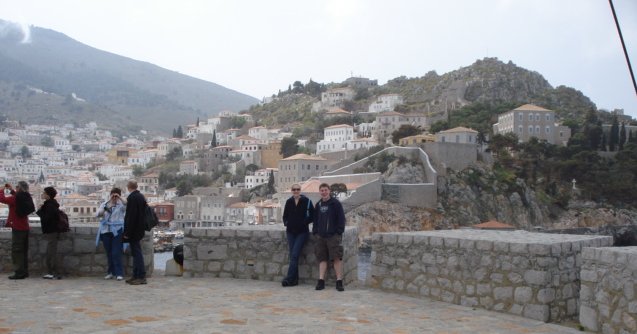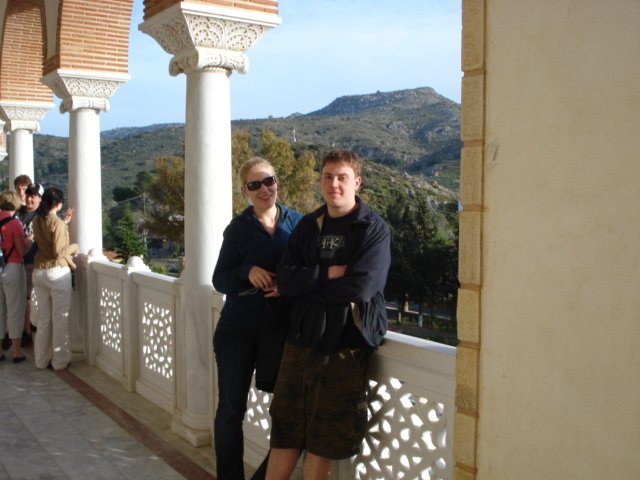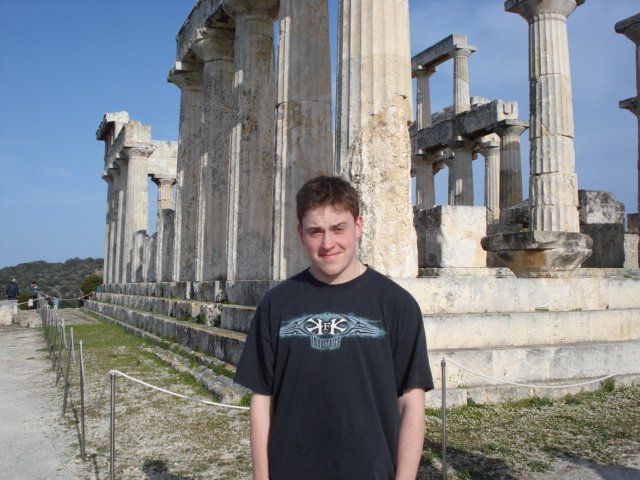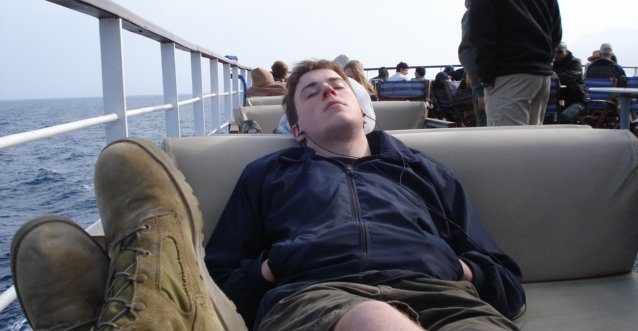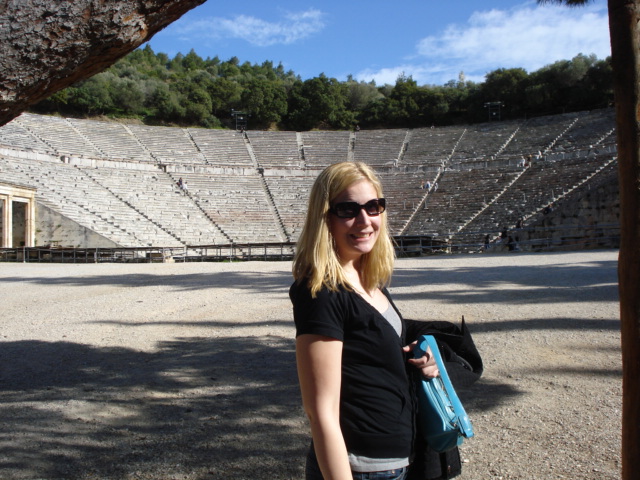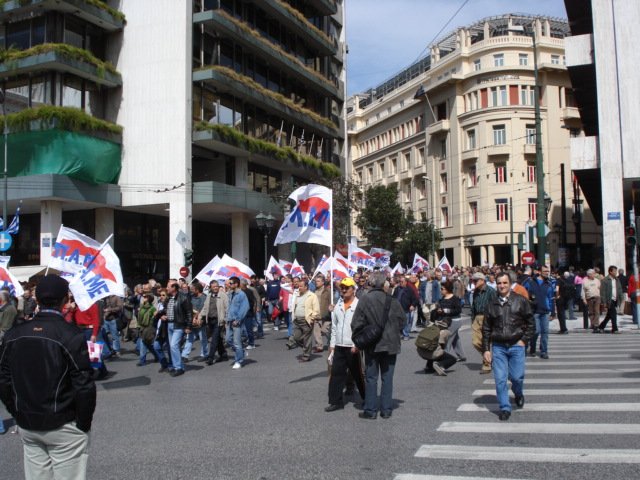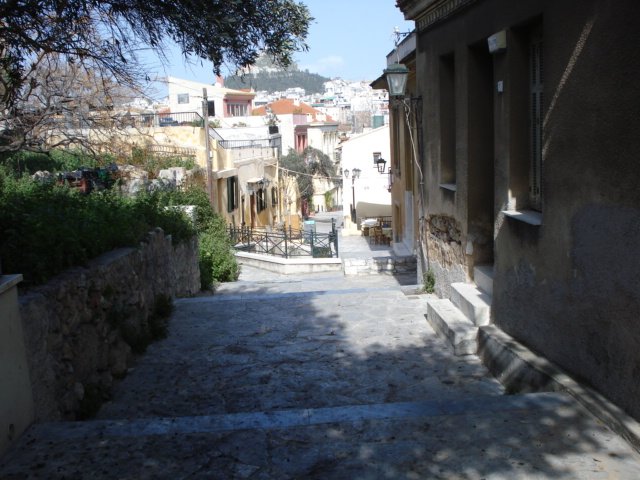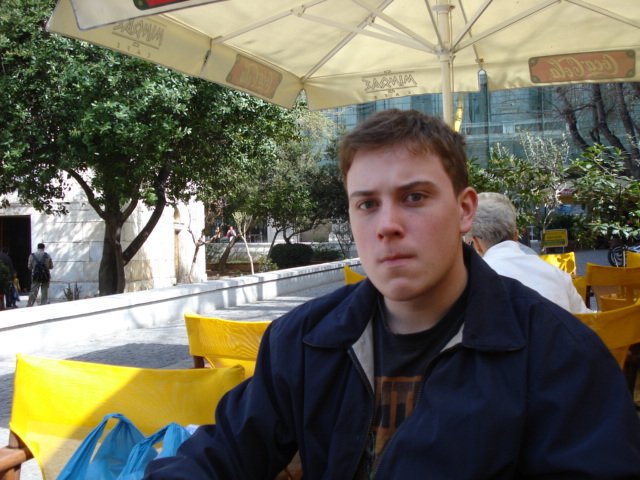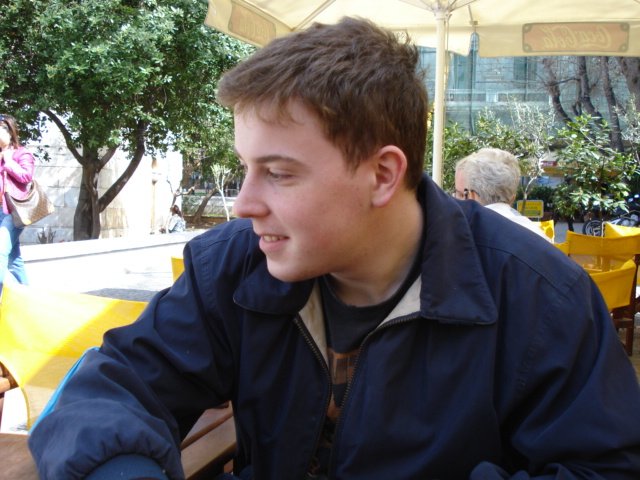
You can see we do not get to shoot very far. We shot a bit farther back with the rifles, but not much. We only get to shoot if someone is really close.
I have never been a good shot & I have at least a partial explanation. I am a right handed but left eye dominant. When I shot the M-4 rifle with my left hand, I actually could hit the target because I could actually see it through the scope.
The Marines took our ePRT to the gun range today to learn how to use their standard pistols and rifles. Of course, we were not issued weapons and never will be. Our ePRT members are not warriors. However, in this kind of environment it is not a bad idea to be familiar with the sorts of weapons that are common around here.
We learned how to lock, load and shoot at the very basic level. Of course, some of our ePRT members are very familiar with guns and for them it was review. As I said, when I shot left handed, I could do all right. The M-4 rifle has a good scope with a little arrow. If you know the rough distance, you can aim along the arrow and it is easy to get the shots into the general area you are trying to hit. Just keeping the rifle even is harder than it seems in the movies, however.
We shot single shots and in burst of two or three. For the bursts of three it is hard to keep the weapon stable, again, not as easy as it seems in the movies. We were standing in what the Marines told us was the hardest stance. You are more stable when you are sitting or laying on the ground and/or you have something to brace. I had a lot of fun with this. I shot more times today than I have in my entire life up to today. Of course, that is not saying much, since I have never been much of a gun guy.
The pistol was easier to handle but it was harder for me to hit the targets. At one point, we had to shoot down metal targets (below). I couldn’t hit any of them. The Marines can more or less just knock them down. Our “training” was not meant to prepare us for the Wyatt Earp type gunfights. Only in very desperate situations would we even touch a weapon and contemplate the odd angry shot. At close range, we shot fifteen rounds into the target quick as we could. I managed to hold the pistol steady enough to create a pattern that would have stopped even the most committed terrorist or crack head.
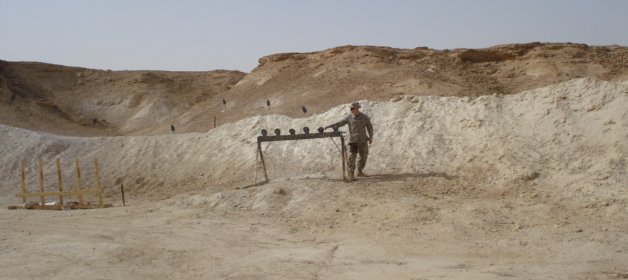
I am confident that I will never have occasion to use the skills I learned today. I am sure the Marines will work hard to keep it that way. They were very polite and nice to me, but they saw my performance. I shutter to think of how bad it would have to be if I was the last line of defense. Anyway, I have absolute confidence in the Marines.
I have never seen them in actual combat, but I have seen how they react to potential danger. They face it down w/o hesitation. I think of those horror movies where the bad guy attacks the hapless people who scurry around in confusion. The Marines would just dispatch the miscreant. This is a good contrast between courage and fear. It is not true that the Marines can always prevail, but they always go with courage and that just feels better.

